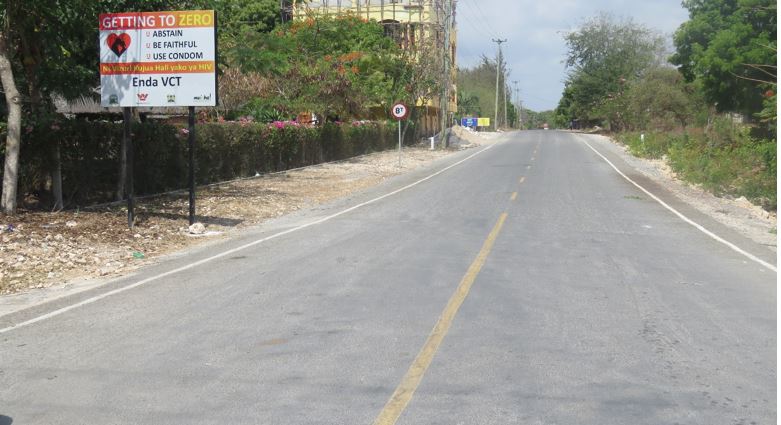×
The Standard e-Paper
Kenya’s Boldest Voice

KILIFI, KENYA: When you hear of the name ‘Bamba’ what comes into your mind? For most born 1950’s, it must be the famous Giriama Folk song, ‘Safari ya Bamba ni Machero’ (The journey to Bamba is tomorrow) written and composed by the late Stephen Bumbao, a music teacher in 1959. The song immortalizes Bamba as a faraway town where if you want to travel, you must begin your journey at dawn.